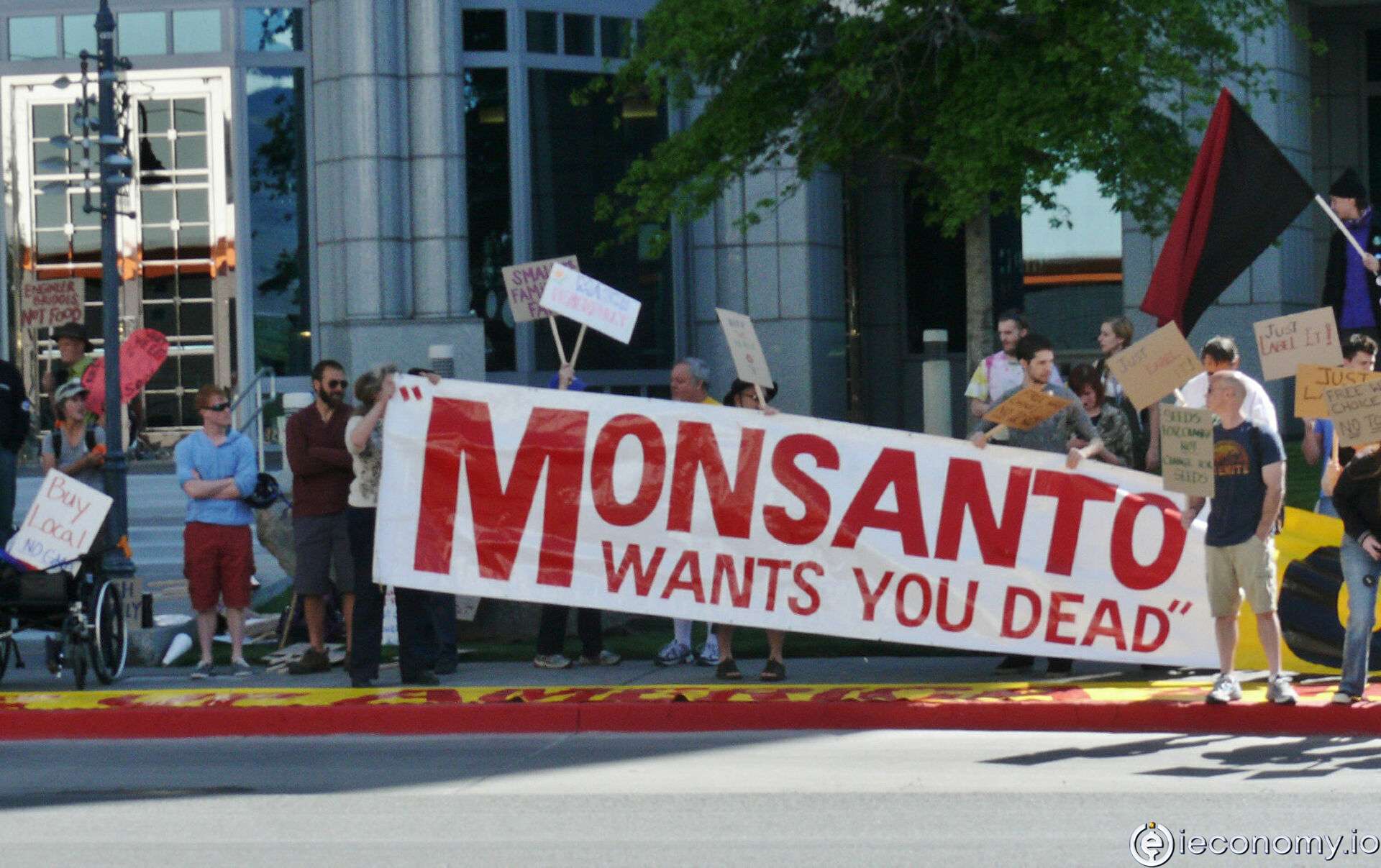9380
0
US mother blames Monsanto for the fact that her son has lymphoma
In the lawsuit filed with a court in Los Angeles, US mother blames Monsanto for the fact that her son has so-called Burkitt's lymphoma.

Yazar: Tom Roberts
Yayınlanma: 15 Eylül 2021 05:05
Güncellenme: 3 Mart 2026 01:42
US mother blames Monsanto for the fact that her son has lymphoma
In the US legal dispute over the glyphosate weed killer Roundup, the mother of a boy suffering from cancer sued Bayer subsidiary Monsanto. In the lawsuit filed with a court in Los Angeles on Monday, the mother blames Monsanto for the fact that her son has so-called Burkitt's lymphoma, a rare and particularly aggressive type of cancer. According to the complaint, the child was exposed to the weed killer when the mother sprayed it on her property. The boy was only four years old when he was diagnosed with Burkitt's lymphoma in 2016. This lymphoma is one of the fastest growing types of tumors. The complaint stated that experts concluded that Roundup was a "major factor" in the development of the boy's cancer. The mother's lawyers accuse Monsanto of "having known about the link between glyphosate-based herbicides and cancer for decades". Monsanto is already facing numerous lawsuits over Roundup in the USA, in which the herbicide is named as a cause of cancer. The US company was bought by Bayer in 2018. The Leverkusen chemical company also took over Monsanto's legal problems. Bayer always emphasizes that Roundup is safe when used properly and refers to corresponding assessments by the US environmental protection agency EPA and the supervisory authorities in the EU and Germany. The International Agency for Cancer Research, which is part of the World Health Organization (WHO), however, stated in 2015 that glyphosate is "probably carcinogenic in humans". Last August, the Leverkusen-based group took action before the US Supreme Court. Bayer applied for a revision of the so-called Hardeman case there. In this case, a federal appeals court in San Francisco in May upheld a condemnation of the group to pay millions in damages to Edwin Hardeman, who had cancer and who had used Roundup for years. The reason given in the case was, among other things, that Monsanto had not warned enough of the health risks of using Roundup. In May, Bayer got out of a settlement proceeding with the aim of reaching a billion-dollar settlement with tens of thousands of plaintiffs. Instead, the group developed a five-point plan to counter future legal risks to Roundup.İLGİLİ HABERLER





European stocks soared and focus shifted to German retail sales after Powell's speech!

Forex Signal For TRY/USD: Inflation Slowdown in November.

Forex Signal For GBP/USD: Bullish Trend Still Not Breaking While Recovery Continues.

Forex Signal For EUR/USD: Starry US Data Points to Higher Fed Increases.

Forex Signal For BTC/USD: Downside Continues as Bitcoin Recovery Moves Less.
En Popüler Haberler
Yorum Yap
Yorumlar
Henüz yorum yapan yok! İlk yorumu siz yapın...